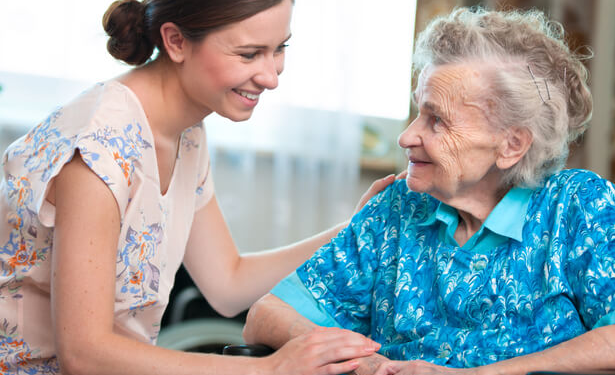Providing quality senior care goes beyond merely addressing physical needs; it involves a delicate balance between empathy and expertise. The aging population deserves not only professional attention but also compassionate care that nurtures their emotional, mental, and social well-being. This article delves into the crucial role empathy and expertise play in delivering superior senior care.
Empathy: The Heartbeat of Senior Care
Empathy is the cornerstone of effective caregiving. Seniors often face physical limitations, chronic illnesses, and the challenges of adjusting to a changing lifestyle. An empathetic caregiver understands and shares in their feelings, providing emotional support that can significantly impact a senior’s quality of life. By placing themselves in the shoes of the elderly, caregivers can better anticipate needs, ease anxieties, and create a trusting relationship.
Empathy isn’t limited to understanding seniors’ emotions; it extends to their histories and experiences. Many seniors enjoy reminiscing about the past, and sharing stories that help them stay connected to their personal identities. An empathetic caregiver takes the time to listen, fostering a sense of dignity and validation.
Hearing Loss: Hearing Aids for Seniors
As we age, our bodies undergo various changes, and one common issue many seniors face is hearing loss. Fortunately, with the advancements in technology, hearing aids have become invaluable companions for seniors looking to regain their auditory experiences.
Expertise: The Backbone of Senior Care
While empathy forms the emotional bond, expertise ensures seniors receive appropriate care tailored to their unique needs. Expertise encompasses medical knowledge, specialized training, and a deep understanding of the aging process. From managing medication regimens to addressing complex medical conditions, caregivers with expertise ensure seniors’ physical well-being remains a top priority.
Moreover, expertise extends to creating a safe environment. This involves fall prevention measures, proper nutrition, and assistance with activities of daily living. Skilled caregivers can identify potential hazards and implement strategies to maintain a senior’s safety and independence.
The Synergy of Empathy and Expertise
The synergy between empathy and expertise is where true quality senior care emerges. A caregiver who possesses both qualities can provide holistic support that acknowledges seniors as individuals with unique needs, histories, and aspirations. This combined approach not only enhances their physical health but also contributes to their mental and emotional well-being.
When an empathetic caregiver demonstrates understanding and compassion, seniors are more likely to open up about their concerns. This information is invaluable for tailoring care plans that address both medical requirements and emotional needs.
Empowering Seniors: Active Participation in Decision-Making
One significant shift in modern senior care is the recognition of seniors’ autonomy and the importance of involving them in decision-making regarding their care. Empowering seniors to actively participate in decisions related to their daily routines, medical choices, and lifestyle preferences leads to a more personalized and dignified caregiving experience.
Technological Advancements: Enhancing Senior Care Services
Technology has become a valuable ally in the quest for quality senior care. From wearable health monitors that track vital signs to smart home systems that promote safety, technology is enabling seniors to maintain their independence while staying connected to caregivers and medical professionals. Virtual telehealth appointments have also become a convenient way to provide medical consultations, reducing the need for seniors to travel.
Compassionate and Well-Trained Caregivers: The Heart of Quality Care
Caregivers play a pivotal role in delivering quality senior care. Recognizing this, there has been a concerted effort to provide comprehensive training that equips caregivers with the skills needed to address the unique challenges of elderly care. Beyond medical expertise, caregivers are trained to provide emotional support, foster companionship, and ensure the dignity of seniors under their care.
Furthermore, empathetic caregivers are attuned to the non-verbal cues and subtle changes in behavior that may indicate underlying health issues. Their ability to recognize these signs and communicate effectively with medical professionals ensures timely intervention.
Conclusion
Empathy and expertise form the bedrock of exceptional senior care. While empathy nurtures the emotional bond, expertise ensures that seniors receive the appropriate medical and physical support they require. The best senior care providers understand that their role goes beyond administering medication and tending to physical needs; they are companions, advocates, and sources of comfort for the elderly. By combining empathy and expertise, caregivers can truly enhance the lives of the seniors they serve.









